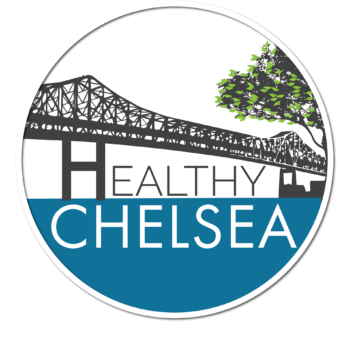If you anticipate that this drop in income will make it difficult or impossible for you to pay your rent, you should know that you have rights and there are resources available to you.
There is an eviction moratorium in Massachusetts through October 17, 2020. This means that your landlord legally cannot try to evict you, even if you have not paid your rent. During this eviction moratorium, your landlord should NOT:
- Move your belongings out of your apartment
- Change your locks, a “lockout”
- Shut off your utilities, a “utility shut-off”
- Interfere in any way with your use of the unit
If your landlord does any of these things or threatens to do any of these things, you have rights and you can take steps to stop them.
1. Mediation Services via The Chelsea Collaborative
Call 617-889-6080 to get help talking to your landlord to mediate the situation without getting the police or courts involved.
2. Free Legal Aid
- Greater Boston Legal Services: 617-603-1807
- Mass Housing Court (Eastern division): 617-788-8485
- MetroWest Legal Services: 508-620-1830 or 1-800-696-1501
3. Rental Assistance Funds
If you need assistance paying your rent, there are funds available. Call the CONNECT Hotline at 617-712-3487 to see if you are eligible for RAFT or ERMA emergency rental assistance and, if so, to apply.
It is important to note that while the eviction moratorium means you cannot be evicted, it does NOT mean that your rent is “cancelled” for the months covered by the eviction moratorium. If you are able to continue paying rent, even if it is just a portion of the full payment, you should absolutely continue to do so, so that you do not owe tremendous amounts of money to your landlord when the moratorium is lifted.
Si imagina que este descenso de ingreso hará que le resulte difícil o imposible pagar la renta, debe saber que tiene derechos y que hay recursos disponibles para usted.
Hay una moratoria de desalojos en Massachusetts hasta el 17 de octubre de 2020. Esto significa que legalmente el dueño de su apartamento no puede intentar de desalojarlo, aún si usted no le ha pagado la renta. Durante esta moratoria de desalojos, su dueño NO debe:
- Echar sus pertenencias de su apartamento,
- Cambiar las cerraduras, un “cierre”
- Cortar sus utilidades, un “corte de utilidades” o
- Impedir de cualquier manera su uso del apartamento.
Si su dueño de apartamento hace o amenaza con hacer alguna de estas cosas, usted tiene derechos y puede tomar medidas para detenerlo.
1. La Colaborativa de Chelsea ofrece unos servicios de mediación.
Llame al 617-889-6080 para obtener ayuda para hablar con su dueño y mediar la situación sin involucrar ni a la policía ni a los tribunales.
2. Servicios gratuitos de asistencia legal
- Greater Boston Legal Services: 617-603-1807
- Metro Housing Court (división este): 617-788-8485
- MetroWest Legal Services: 508-620-1830 o 1-800-696-1501
3. Fondos de asistencia para la renta
Si necesita ayuda para pagar la renta, hay fondos disponibles. Llame a la línea directa de CONNECT al 617-712-3487 para ver si es elegible para la asistencia de emergencia para la renta de RAFT o ERMA y, si es así, para solicitarla.
Es importante tener en cuenta que la moratoria de desalojos solamente significa que no puede ser desalojado, y NO significa que su renta está “cancelada” para los meses cubiertos por la moratoria. Si puede seguir pagando la renta, aún si es solamente una parte del pago completo, debe continuar haciéndolo, para que no deba una cantidad enorme a su dueño cuando el Estado levante la moratoria.

